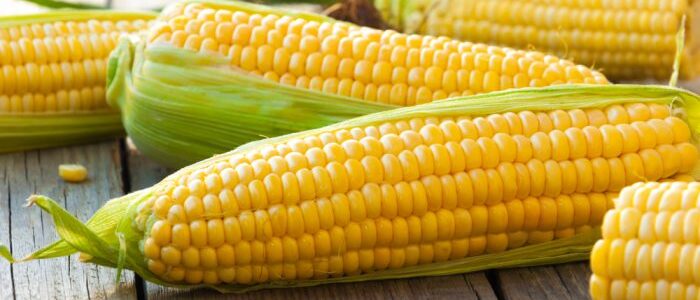
In 2024, IMC Agro Holding intends to expand corn crops and return to pre-war agricultural technology, and is also studying two projects to develop processing, the decision on which will be made in May-June, said Alex Lissitsa, SEO of the agricultural holding, at the Forbes Agrifood conference.
“During the two years of war, we have come a long way. We had 120 thousand hectares and 6 elevators. 100 thousand hectares and 5 elevators were under occupation. As a result of the de-occupation, we managed to enter our territory. However, some facilities were destroyed,” he said.
According to him, the new large dairy farm of the agricultural holding, located on the border with Belarus, had to be closed due to the poor condition of the cows after the occupation, as well as the almost completely destroyed logistics infrastructure around Chernihiv, where all bridges were destroyed.
In the first year, 30 thousand hectares of the agricultural holding’s land were in the war zone and were partially mined. The second year of the war was a stage of rethinking for IMC, and in the third year they managed to reach more or less the planned indicators, explained the SEO of the agricultural holding.
According to him, in 2022, IMC was unable to sow its land and grew mainly wheat. In 2024, the agroholding will return to traditional technological maps and expand the area under corn, as in 2023 it managed to get a record harvest of 20 tons per hectare. IMC was able to achieve such results thanks to favorable weather conditions that offset the problem of fertilizer and pesticide shortages. In addition, the agroholding has the necessary capacity to store corn.
Mr. Lissitsa also noted that IMC refused to cooperate with international traders who behaved incorrectly towards most Ukrainian customers. Currently, IMC prefers to cooperate with the domestic grain trader Nibulon, through which it sells about 70% of its products. IMC has also found new suppliers of sunflower seeds – Ukrainian regional companies in Chernihiv region.
“We used to build relationships with large foreign traders, and now we are establishing partnerships with those we have not communicated with before. We were beautiful, fashionable, and it was not very fun to work with them. And now we realized that we are basically still beautiful, but not so fashionable. And we need to work with local businesses. They offered us a helping hand and we started working again. Now we are really rethinking. Many contracts with international traders are still in court. I don’t know when they will end. Huge amounts of money are stuck there. It is really easier for us to drive up to our neighbors, negotiate and shake hands,” stated the IMC SEO.
Lissitsa also said that most agricultural holdings have not invested in machinery over the past two years, but have been living off the purchase of spare parts, and thus most of the agricultural machinery has been produced.
At the same time, the IMC is considering two processing projects in parallel – one with the EBRD and the other with the IFC.
“I can’t tell you yet, but we are looking at these projects very, very closely and will make a decision in May-June this year,” Lissitsa said.
The agroholding’s SEO emphasized that IMC has no problems with financing and has established partnerships with a number of banking institutions.
“Last year, we were probably one of the first in the agricultural sector to receive a new loan from the EBRD during the war. Raiffeisen financed us for the purchase of machinery. Credit Agricole is now adding more,” Lissitsa summarized and advised farmers to establish transparent relations with banks and be ready to provide them with all the information to get financing for new projects.